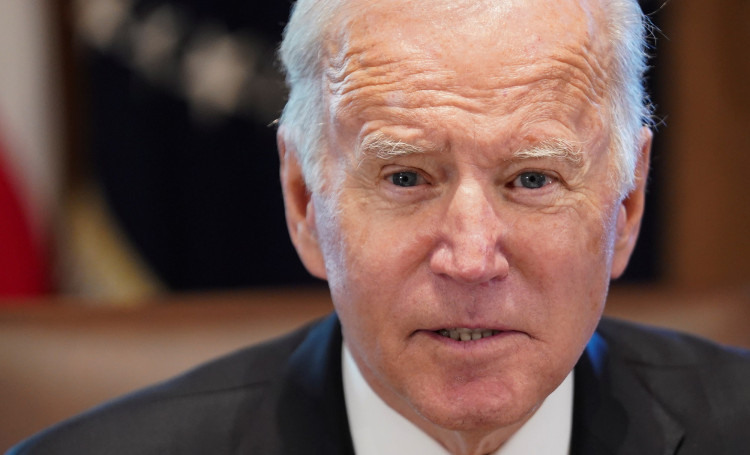United States President Joe Biden announced on Wednesday that the government will waive $10,000 in student loans for millions of formerly enrolled college students, fulfilling a vow he promised during his 2020 presidential campaign.
According to experts, debt cancellations will free up hundreds of billions of dollars for fresh consumer spending that might be used for acquiring properties and other large-ticket purchases.
However, some economists say this will add a new burden to the country's fight against inflation.
According to analysts, debt cancellations will free up hundreds of billions of dollars for fresh consumer spending that might be used for acquiring properties and other large-ticket purchases.
During remarks at the White House, Biden stated that the steps are "for families that need them the most - working and middle class folks impacted especially hard by the pandemic."
In response to a fundamental critique of the plan, he vowed that no high-income households would gain.
"I will never apologize for helping working Americans and the middle class, especially not to the same people who voted for a $2 trillion tax cut that primarily benefited the wealthiest Americans and the largest corporations," Biden said.
He referred to a tax cut passed by Republicans under former President Donald Trump.
Since the commencement of the COVID-19 outbreak, borrower balances have been frozen, and no payments are required on the majority of federal student loans since March 2020.
Numerous Democrats urged Biden to forgive up to $50,000 per borrower.
Because it will disproportionately benefit those with higher salaries, the majority of Republicans oppose student loan forgiveness, deeming it unfair.
Senate Minority Leader Mitch McConnell said on Wednesday:
"Biden's student loan socialism is a slap in the face to every family who sacrificed to save for college, every graduate who paid their debt, and every American who chose a certain career path or volunteered to serve in our Armed Forces to avoid incurring debt."
Susan Rice, a White House adviser on domestic affairs, told reporters the administration has not yet determined the cost of the package, which will depend on the number of applicants.
She stated that student loans obtained after June 30 are ineligible.
The press secretary of the White House, Karine Jean-Pierre, told reporters that the administration has the legal power to cancel the debt under a legislation permitting such action during a national emergency, such as a pandemic.
Previously, Republican U.S. Representative Elise Stefanik described the idea as "reckless and unlawful."






